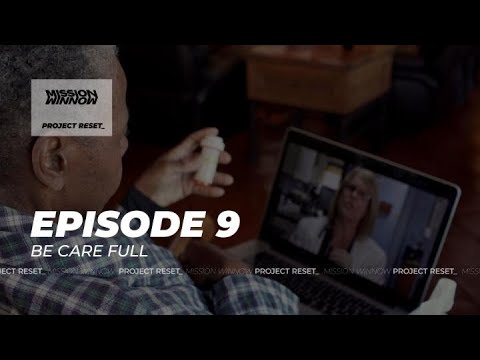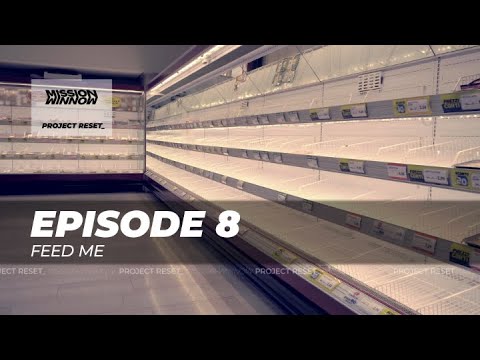In this day and age of information overload, groups on every side of virtually every issue have found ways to use conjecture, rather than facts, to create an alternative narrative. This complex situation—where having a particular opinion dominate seems to be the main objective—is wide-ranging and comprises many difficult factors.
A major conflict within discourse in these times is that political correctness and freedom of speech are often seen at worst as incompatible, and at best as difficult to balance. This situation is rendered more complicated by the fact that people often seem to misunderstand just what political correctness is, and what freedom of speech is.
What is the Definition of Political Correctness?
Political correctness is—or is intended to be—the prevention of words or actions that are perceived to marginalize the disadvantaged. These disadvantages, or perceived disadvantages, can be based on race, ethnicity, religion, sexual orientation as well as many other different factors. Freedom of speech is—at least in many countries—seen almost as a given. We have the right to say what we want to say and we’re protected either by a constitution or in some cases by legislation. This is an important part of a democratic society: being allowed to state opinions without fear of persecution. In many countries, this includes speech defined as hate speech—which means those with openly prejudiced viewpoints are protected and within their rights to speak their minds. Could thinking that “freedom of speech” means “freedom from consequence” be contributing to this conflict?




